Resolution #467
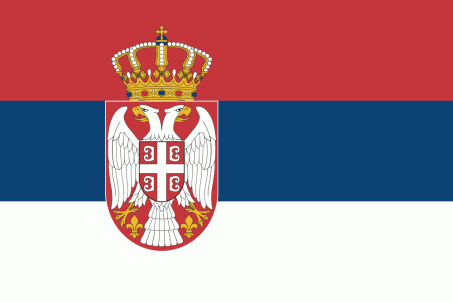 |
The question of measures to limit illegal drug trafficking. |
| Committee: DISEC | |
| Main Submitter: Serbia | |
| Submitted: 15/02/2025 16:43 |
| Status |
|---|
| Passed cosubmitter sheet validation |
| Approved by approval panel |
| Selected for debate by secretariat |
| Failed by committee (DISEC) |
Committee Voting
| For: | 4 |
| Against: | 43 |
| Abstentions: | 1 |
Options
Co-submitters
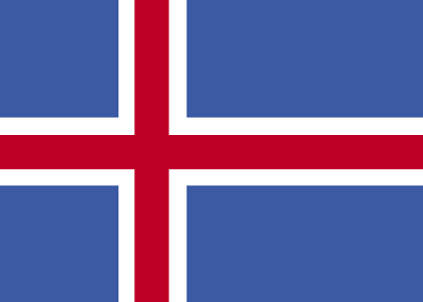 | Iceland |
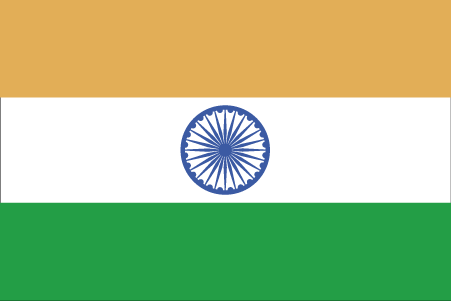 | India |
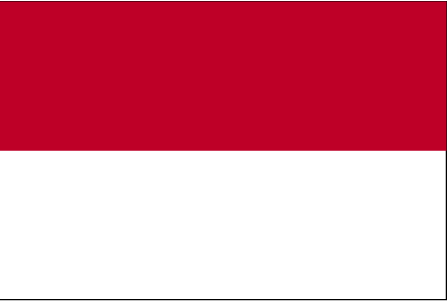 | Indonesia |
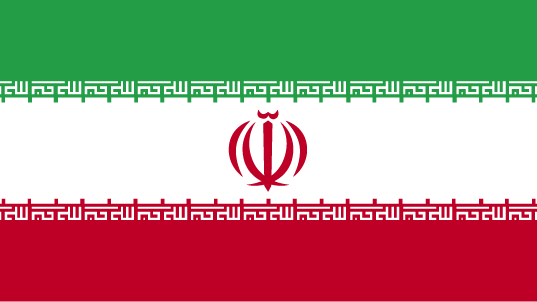 | Iran |
 | Iraq |
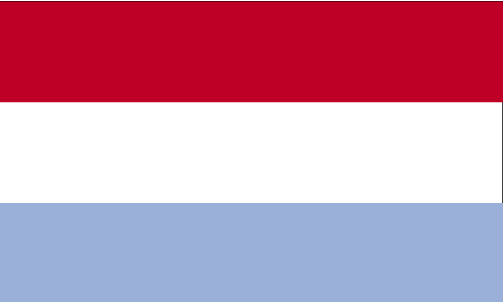 | Luxembourg |
 | Malta |
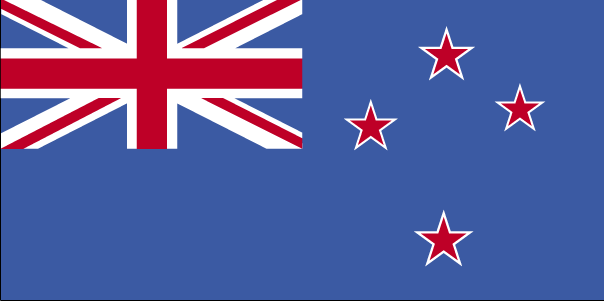 | New Zealand |
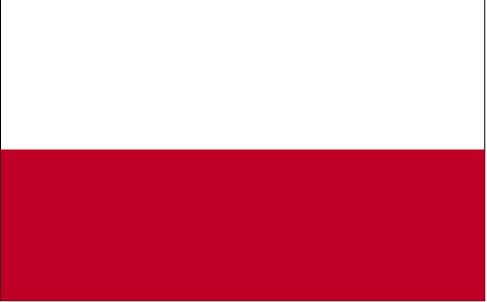 | Poland |
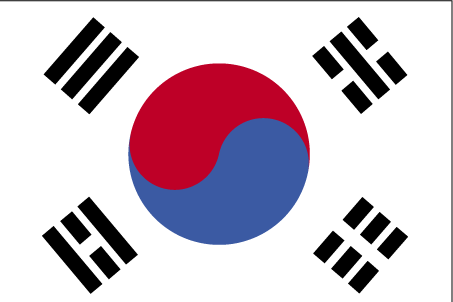 | Republic of Korea |
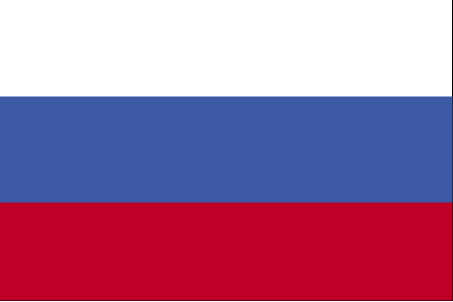 | Russian Federation |
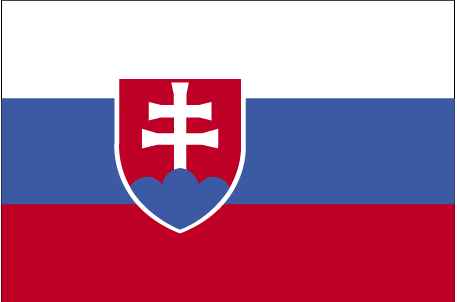 | Slovakia |
 | Tonga |
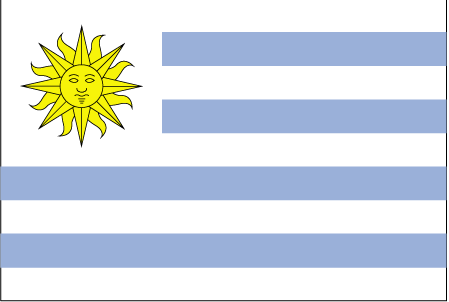 | Uruguay |
Resolution
FORUM: Disarmament and International Security Committee (DISEC)
THE QUESTION OF: Measures to Limit Illegal Drug Trafficking
SUBMITTED BY: Republic of Serbia/ Co-submitted by: USA, Russia, Slovakia, Uruguay, Tonga, New Zeland, Luxembourg, Indonesia, India, Iceland, Iraq, Iran, Malta, Republic of Korea, Poland
THE DISARMAMENT AND INTERNATIONAL SECURITY COMMITTEE,
Recalling the United Nations Convention Against Illicit Traffic in Narcotic Drugs and Psychotropic Substances (1988) and previous UNODC initiatives,
Recognizing that illegal drug trafficking poses a significant global security threat, contributing to organized crime, corruption, violence, and terrorism financing,
Fully aware of the fact that the estimated number of drug users worldwide increased from 240 million in 2011 to 296 million in 2021, representing a 23% rise over the decade in the World, and in Serbia between 2019 and 2022, there was a nearly 50% increase in drug seizures compared to the previous four-year period. Notably, 2021 witnessed record seizures totaling 8.8 tons,
Acknowledging Serbia’s strategic position along the Balkan Route, alongside with other former Yugaslavya countries, making it a key transit corridor for narcotics smuggled from the Middle East and South America to Western Europe,
Emphasizing the importance of regional and international cooperation to combat the transnational nature of drug trafficking while respecting national sovereignty,
Affirming the role of financial tracking, intelligence-sharing, and public-private partnerships in disrupting drug trafficking networks,
1. Encourages strengthening border security measures in drug trafficking hotspots, particularly along the Balkan Route, Latin America, and the Middle East, by:
a. Increasing the deployment of advanced detection technology, such as AI-based scanning and canine units
b. Improving customs and law enforcement coordination between transit and destination countries
c. Strengthening maritime security to monitor illicit drug shipments via sea routes;
2. Urges Member States to enhance intelligence-sharing mechanisms between regional security agencies, INTERPOL, and the United Nations Office on Drugs and Crime (UNODC), ensuring that such collaboration:
a. Respects national sovereignty
b. Avoids unnecessary interference in domestic affairs
c. Enables real-time exchange of drug trafficking intelligence;
3. Encourages the creation of a Balkan Regional Anti-Drug Initiative, led by Serbia in partnership with Montenegro, Albania, and other affected states, to:
a. Conduct joint counter-narcotics operations
b. Share intelligence on cross-border drug smuggling
c. Strengthen cooperation between law enforcement agencies to dismantle drug networks;
4. Recommends that the UNODC and International Narcotics Control Board (INCB) provide technical and financial support to Member States for:
a. Training customs officials and law enforcement in drug detection and interdiction
b. Enhancing cyber surveillance capabilities to track online drug sales
c. Implementing blockchain-based monitoring systems to prevent illicit financial transactions linked to drug cartels;
5. Calls for the targeting financial networks associated with drug trafficking by:
a. Collaborating with the Financial Action Task Force (FATF) to combat money laundering
b. Enforcing stricter cryptocurrency regulations to prevent the use of digital assets in drug transactions
c. Strengthening banking oversight to monitor suspicious financial activities;
6. Proposes stricter monitoring and control of precursor chemicals used in drug production by:
a. Urging manufacturers to implement enhanced tracking mechanisms for their distribution
b. Increasing border inspections for illegal shipments of pseudoephedrine, ephedrine, and other substances
c. Encouraging the criminalization of unauthorized trade in precursor chemicals;
7. Emphasizes the need for alternative development programs in drug-producing regions to:
a. Support farmers in transitioning to legal crops through financial incentives
b. Increase economic development initiatives to reduce reliance on illicit drug cultivation
c. Encourage UN-backed investments in sustainable agriculture;
8. Further calls for the implementation of international awareness campaigns to:
a. Educate youth and vulnerable communities about the dangers of drug abuse
b. Strengthen rehabilitation programs for individuals affected by addiction
c. Foster community-based initiatives to promote long-term solutions against drug dependency;
9. Reaffirms its commitment to tackling illegal drug trafficking through diplomacy, cooperation, and sustainable solutions, ensuring global and regional security without compromising national sovereignty;
10. Further urges to enforce the prescription of certain drugs like opioids–used as pain killers sometimes, depressants, stimulants, etc. by medical experts to be stricter.